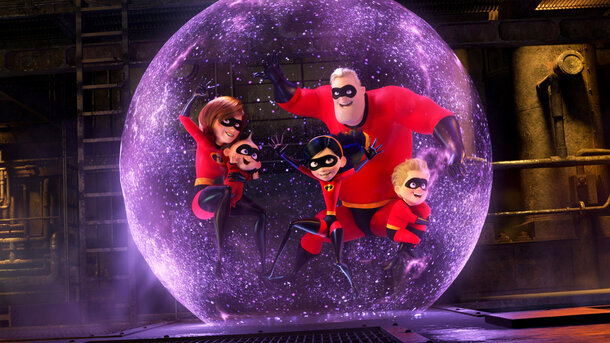Andrew Stanton’s long-anticipated sci-fi project In the Blink of an Eye is officially complete — and it’s just taken a big step closer to release. The film has received a PG-13 rating from the Motion Picture Association (MPA), confirming that post-production is now wrapped.
Best known for directing beloved Pixar classics like WALL-E and Finding Nemo, Stanton is returning to live-action storytelling with this expansive new film for Searchlight Pictures. Principal photography on In the Blink of an Eye wrapped back in April 2024.
Written by Colby Day, In the Blink of an Eye weaves together three separate storylines that span thousands of years, all tied together by themes of hope, connection, and the cycle of life. The cast includes Kate McKinnon, Rashida Jones, Daveed Diggs, Jorge Vargas, Tanaya Beatty, and Skywalker Hughes.

Oscar-nominated composer Thomas Newman — who previously scored both Finding Nemo and WALL-E — has returned to collaborate with Stanton once again, signaling a reunion of creative forces behind some of Pixar’s most emotionally resonant work.
Comparisons to Terrence Malick’s The Tree of Life feel inevitable, but Stanton’s inspirations reportedly include Stanley Kubrick’s 2001: A Space Odyssey, Christopher Nolan’s Interstellar, and Paul Thomas Anderson’s Magnolia — an eclectic and ambitious cinematic lineage, to say the least.
While Stanton is revered for his animation work, his last live-action effort — 2012’s John Carter — remains one of Disney’s most infamous box office flops, with the studio losing close to $200 million on the project. Reviews at the time were underwhelming, and the planned sequels were swiftly canceled. Still, John Carter has found a modest second life in recent years, developing a small but dedicated cult following — with some fans even petitioning Disney to revisit the franchise, though a sequel remains unlikely.

Now, with In the Blink of an Eye, Stanton appears to be taking a major creative swing, trading in Martian battles for a story that attempts to grasp the nature of existence itself.











